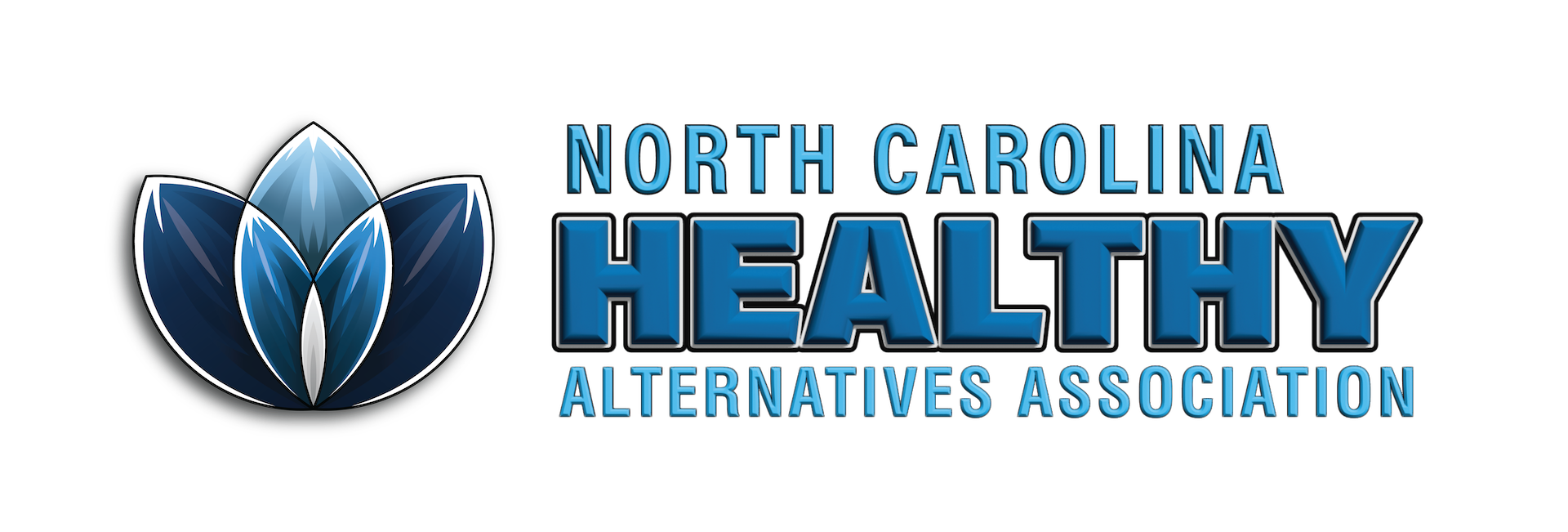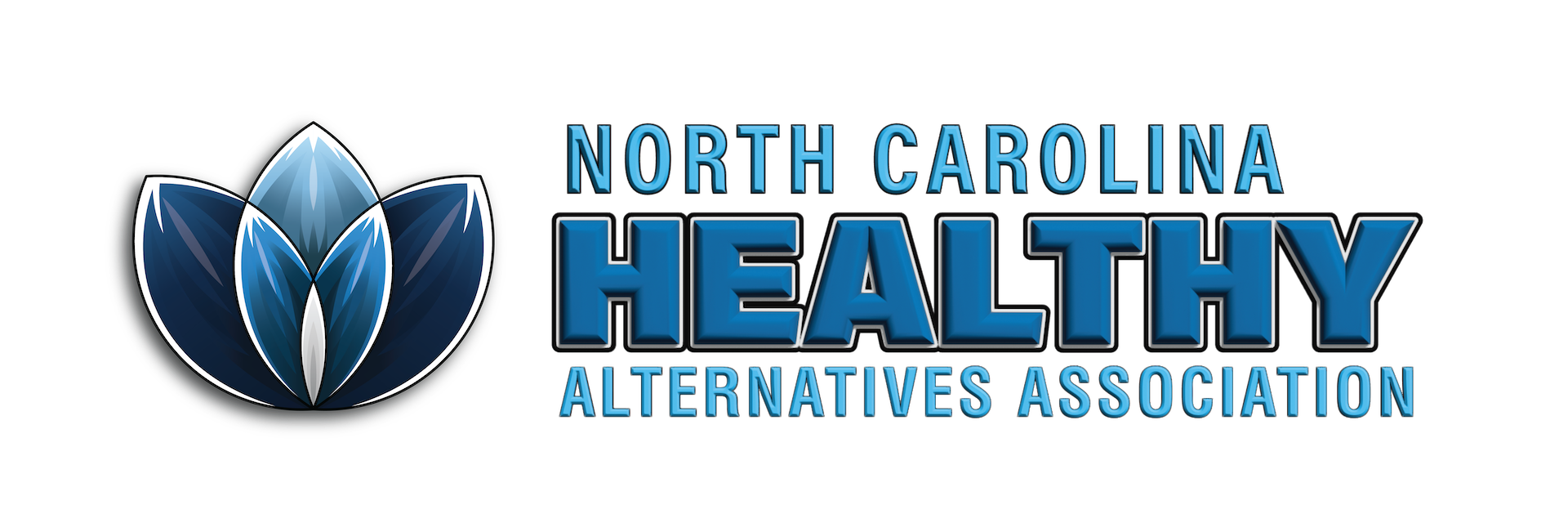
The Industry Showed Up—Now It's Time for North Carolina to Listen
On June 24th and 25th, more than 20 representatives from North Carolina’s hemp industry gathered in Raleigh—not to defend a trend, but to protect a legitimate industry, thousands of jobs, and the rights of everyday consumers.
They weren’t lobbyists from large cannabis corporations or out-of-state interests. They were small business owners, processors, farmers, and retailers. And their message was clear:
HB 328, in its current form, poses an existential threat to North Carolina’s hemp economy.
Over two days of direct engagement with 67 members of the North Carolina House of Representatives, this coalition made the distinction between regulation and elimination. And most importantly, they provided legislators with better alternatives: SB 265 and SB 328.
What Brought the Industry to Raleigh?
The motivation behind this grassroots effort was the deeply flawed Proposed Committee Substitute (PCS) of HB 328—a version of the bill that would severely restrict, if not eliminate, the majority of hemp-derived products currently available to consumers in North Carolina.
This bill is written under the guise of public safety. But make no mistake: it would crush small businesses and local manufacturers while clearing the path for a small group of corporate players to dominate what remains of the legal hemp market.
It’s a classic case of overreach masquerading as reform. And the hemp industry decided not to stay silent.
Breaking Down the Legislative Landscape
During these two days, industry representatives worked to educate lawmakers about four key bills that impact the hemp space:
-
HB 328 (Senate PCS): Proposes sweeping bans on cannabinoids other than Delta-9 THC, imposes harsh potency caps, levies unaffordable licensing fees, and introduces felony-level penalties for non-compliance.
-
SB 265: A balanced, comprehensive regulatory framework that prioritizes safety, age verification, labeling, and batch testing, while keeping licensing costs and compliance requirements within reach of small businesses.
-
HB 607: Similar to SB 265 but with fewer details finalized. Still a more viable alternative than HB 328.
-
SB 328 (House PCS): A simple, effective 21+ age restriction bill. It addresses youth access without decimating the industry.
The industry doesn’t oppose regulation—it supports smart regulation. That’s why the coalition pushed for legislators to reject HB 328 and instead champion SB 265 and SB 328 as workable, enforceable, and sustainable solutions.
HB 328: Why It’s Not Just Another Bill
To call HB 328 harmful would be an understatement. The bill:
-
Bans all cannabinoids except Delta-9 THC, including widely used and federally legal products like CBD, CBG, and CBN.
-
Caps edibles at 10mg of Delta-9 THC per serving, far lower than national standards, effectively eliminating popular wellness products.
-
Requires a $25,000 license for manufacturers, more than double the cost proposed in alternative bills.
-
Allows felony charges for unlicensed sales and criminalizes possession on school grounds, even for adults over 21.
-
Removes product diversity, limits consumer access, and sets the stage for corporate consolidation of the entire industry.
It is not a regulatory bill—it is a control bill.
What Happened During the Raleigh Meetings
The two-day campaign was focused, coordinated, and intentional. Here’s what the industry accomplished:
-
Met with 67 members of the NC House of Representatives
-
Distributed educational one-pagers to all 120 House offices explaining the dangers of HB 328 and the benefits of SB 265 and SB 328
-
Clarified confusion between HB 328 and SB 328, two bills that unfortunately share a number but have completely different purposes
-
Reinforced support for age restrictions, testing, labeling, and retail controls that protect consumers without destroying small businesses
It was a show of unity, professionalism, and urgency—and it made an impact.
Why the Confusion Around Bill Numbers Matters
One of the biggest challenges in this fight is the confusing overlap in bill numbering. Many legislators—and certainly many consumers—do not realize that HB 328 and SB 328 are entirely different.
-
HB 328: The harmful bill from the Senate proposing bans, caps, and criminal penalties.
-
SB 328 (House PCS): A focused bill that simply raises the legal age to purchase hemp-derived consumables to 21.
That distinction was emphasized again and again in meetings with lawmakers. Without clarity, well-meaning votes can lead to catastrophic outcomes.
Why SB 265 Deserves Your Support
Senate Bill 265, titled the “Protecting Our Community Act,” offers a more balanced path forward:
-
Implements age restrictions, advertising controls, and batch testing to ensure product safety
-
Caps retail licensing fees at $5,000, making compliance feasible for small chains and local shops
-
Sets potency limits that preserve product effectiveness without inviting abuse
-
Offers lower license fees for small manufacturers, supporting rural processors and family-owned operations
-
Aligns with the national push for consumer protection—without wiping out an entire sector
It’s not perfect. But it is workable, thoughtful legislation, created with real industry input.
What Comes Next
Despite the success of the in-person meetings, the work is far from over.
-
Follow-ups are underway with offices that were unavailable during the two-day visit
-
Phone and email campaigns are being coordinated to reinforce the message and provide ongoing education
-
Consumers and supporters must now step in to amplify the pressure on lawmakers to reject HB 328 and support SB 265 and SB 328
The advocacy that began in Raleigh must now expand to homes, communities, and inboxes across North Carolina.
How You Can Take Action
The most effective way to protect North Carolina’s hemp industry is by contacting your legislators directly. Let them know:
-
You support smart regulation like SB 265
-
You support the clean age restriction bill SB 328
-
You strongly oppose HB 328 and its harmful provisions
You can also:
-
Share this article on social media
-
Call or email your House and Senate representatives
-
Educate others in your community who may be unaware of the issue
-
Encourage hemp customers and local businesses to get involved
Final Thoughts
The hemp industry in North Carolina did its part. It came together, it showed up, and it delivered the facts. Now, it's up to lawmakers to listen—and for constituents to keep the pressure on.
This is more than just a legislative fight. It’s a fight to preserve access to wellness, protect small businesses, and build a regulatory framework that serves both the public and the economy.
If North Carolina wants to lead in hemp innovation, it can’t do so by banning its foundation.

